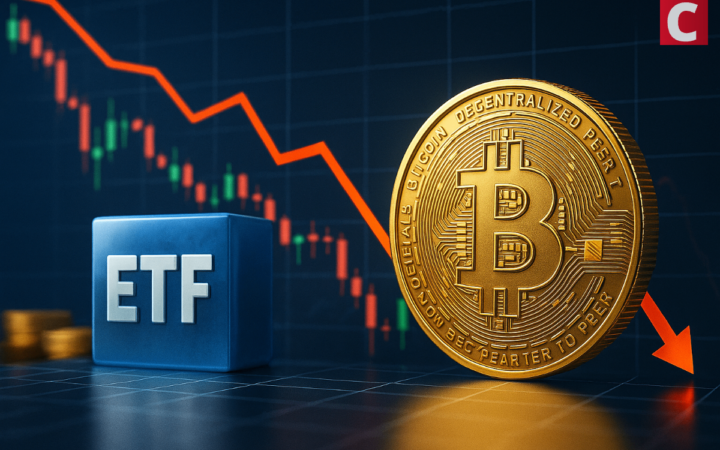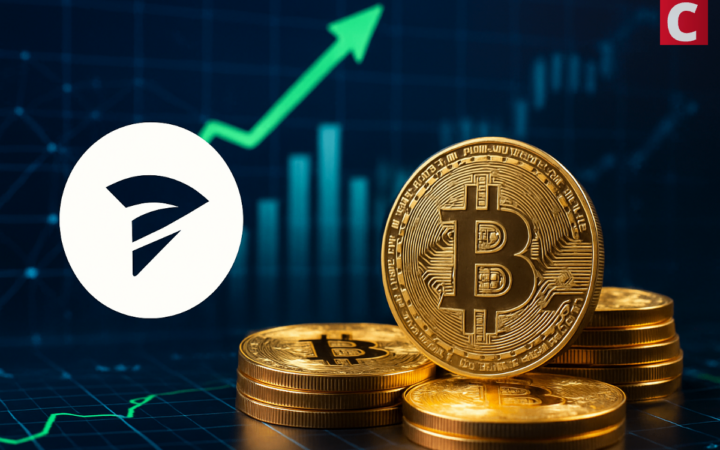
The crypto market has been rightfully seen as fickle and volatile. Investors, entering the crypto market either through Initial Coin Offerings (ICOs) or trading on exchanges, are typically warned about the risks these entail. Some, especially those, who have been trading prior to the explosion of Bitcoin, have already embraced this, while for others the wild swings and massive corrections serve as sharp awakenings.
Many investors, especially those who have some experience of operating on the traditional stock market, wish that the crypto market had at least some semblance of stability. As the market itself has been susceptible to fear, uncertainty, and doubt (FUD), it can be stated that prices aren’t exactly influenced by fundamentals and are largely based on speculation. Any news or rumor concerning regulation, security breaches, and failing ICOs often drive prices down. All the while, a parody coin like DogeCoin can achieve a market cap of over $1 billion at its peak.
It is essential that fundamental analysis comes a part of any investor’s due diligence. This involves evaluating the strength of the concept behind the project, the market environment, the need the project aims to address, the team, its business model, and proof of work technology. If only most investors perform such review, the excitement surrounding many ICOs wouldn’t have been tempered, especially those that offer nothing more than weak concepts, or those with little capability of delivering their promised technologies.
While due diligence may seem to apply ideally for ICOs, even established projects can be scrutinized based on fundamentals. Not all success factors can be determined by the project’s features or team’s capabilities. Investors shouldn’t expect Ethereum Classic to become more valuable than Ethereum if it has yet to be widely adopted as development platform by successful decentralized applications. In addition, larger environments could also play a part. For instance, the recent talk of increased regulations of crypto activities by major economies like South Korea, the US, and China seems to have slowed down Bitcoin’s climb north of $10,000.
Given China’s sweeping ban on ICOs and regulation of crypto trading and exchanges, the outlook should’ve been bleak for China-based crypto projects. However, blockchain development platform NEO has shown resilience and growth. Fortunately for the project, it wasn’t touched by the ban, since it concluded way before the ban took effect. It even arguably benefited from it by avoiding being used as the blockchain platform for scam ICOs from China. Available NEO price predictions still suggest the coin as a potential investment moving forward.
At the same time, emotions and perception still drive the market. For example, there have been concerns surrounding Bitcoin and Ethereum’s scalability. Currently, their respective consensus algorithms and miner support limit the number of transactions the network can handle per second. Most discussions, however, have been constrained to transactions per second figures.
This focus on scale upped the profile of other coins like Bitcoin Cash and Ripple, which networks are supposed to be able to handle more transaction. Never mind if some of these figures are just theoretical limits and not based on true current network capacity. In addition, these comparisons aren’t quite accurate since they may not match up with their features and use cases. Ethereum, for instance, is a development platform while Ripple is envisioned to be a financial settlement system.
ICOs also continue to thrive and show no signs of slowing down. More token sales are scheduled over the next few months having already raised over $1 billion during this year alone. Yet, several projects still appear to be founded on weak concepts, while others, appear to be nothing more than copycat and me-too projects.
While it may be frustrating for some investors, this kind of speculative and emotional trading environment may not be the case forever. Increasing regulation should help prevent both poorly run teams and nefarious groups to even enter the market. The participation of institutional investors would also put forward support for the most viable and feasible projects. That’s why fundamentals will eventually matter.
Many of the products and services behind last year’s ICOs are expected to start launching this year. Failure to launch and the collapse of projects should eliminate these coins from the market. While this would be bad for those, who invested in them, the landscape ultimately benefits from this culling process. This should also encourage ongoing projects and their development teams to focus on innovation and quality to ensure the success of their coins.
Blockchain and the crypto activities are a relatively new space, so uncertainty and volatility are natural parts of growth. These developments, however, should inspire traders to be more discerning and pay attention to the fundamentals. This, eventually, could transform the market presenting less room and opportunity for hype and fear-mongering to dictate it.






